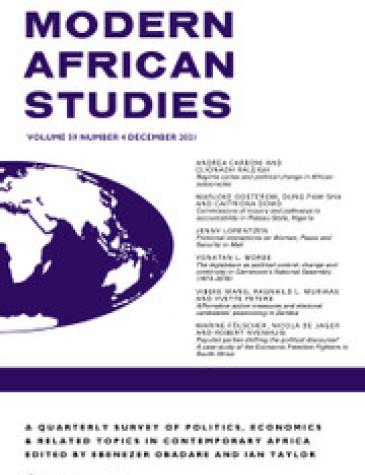Publications
Abstract
The MIT Fellows in Africa Program was conceived in January 1960 as a means for bringing well-trained, working-level assistance to development institutions at a time of acute need. The aim was to aid a few African governments by recruiting to their service exceptionally able young Americans whose education is directly relevant to problems facing these governments. A corollary objective was to expose these promising graduates to front-line experience within African institutions, in the belief (i) that such men and their wives would present a favorable image of high-quality young Americans, (ii) that they would mature rapidly through responsible action in the actual business of economic planning and development, and (iii) that upon completing a two-year tour in Africa they would form a promising pool of talent for meeting the manifold needs of the United States in its role towards emerging Africa.
About the Author
Carroll L. Wilson was a Professor of Management at the Sloan School and the first Mitsui Professor in Problems of Contemporary Technology at MIT. His career encompassed a number of academic, government, and industrial positions ranging from Assistant to the President of MIT to first General Manager of the Atomic Energy Commission.
Among Wilson's many accomplishments was the establishment of the MIT African Fellows Program (1960-1967) and the MIT Fellows in Latin America Program (1965–1967), which allowed talented MIT graduates to partner with and assist emerging independent nations by working directly in their governmental agencies.
Wilson, Carroll L. "The M.I.T. Fellows in Africa Program." The Journal of Modern African Studies, Vol. 1, Iss. 2, June 1963, pp. 255-56.
